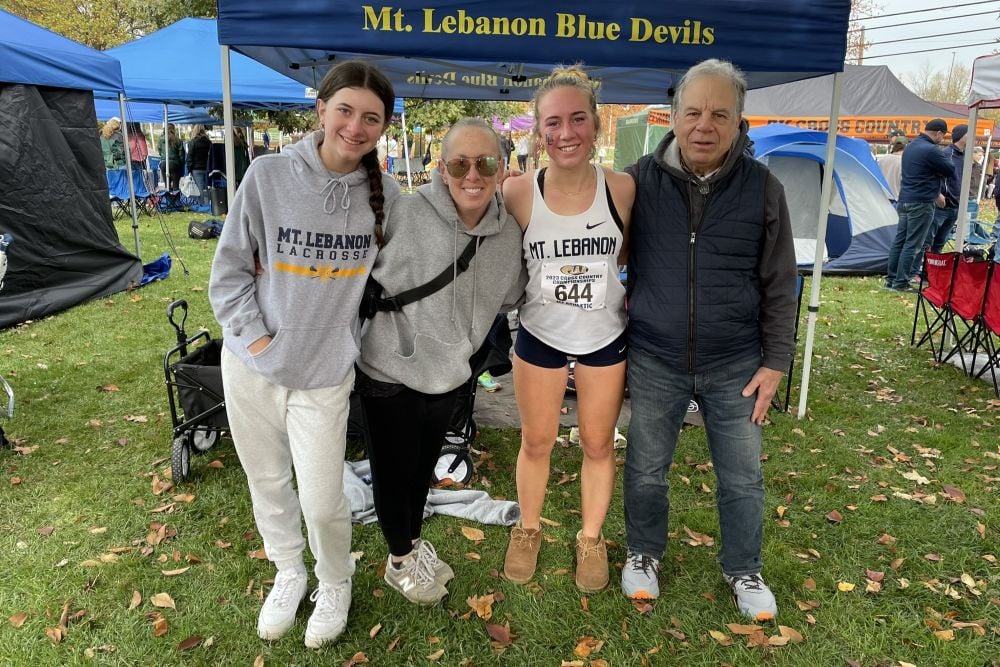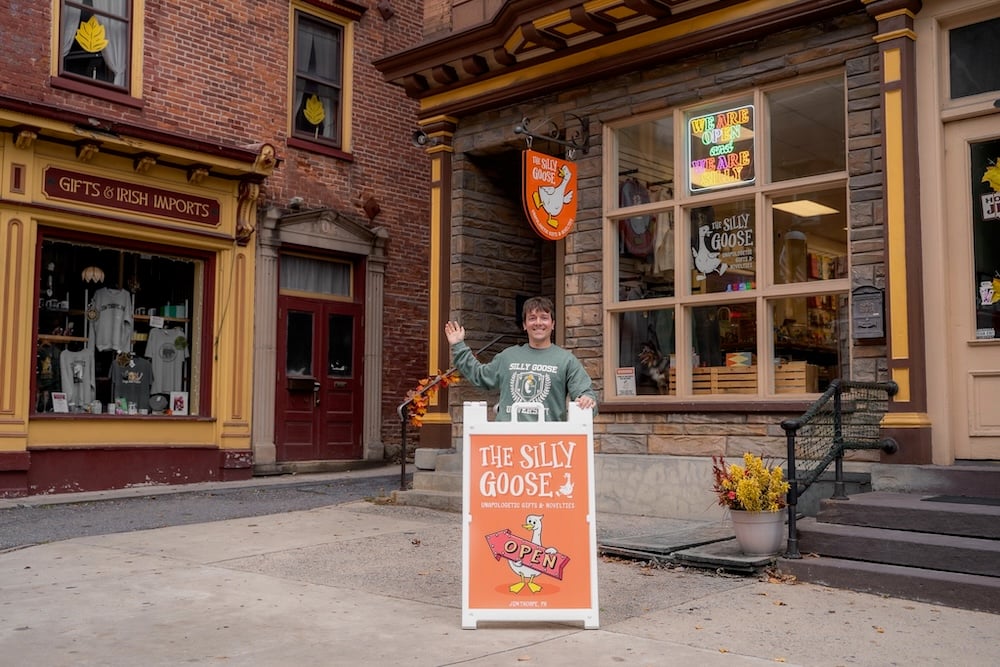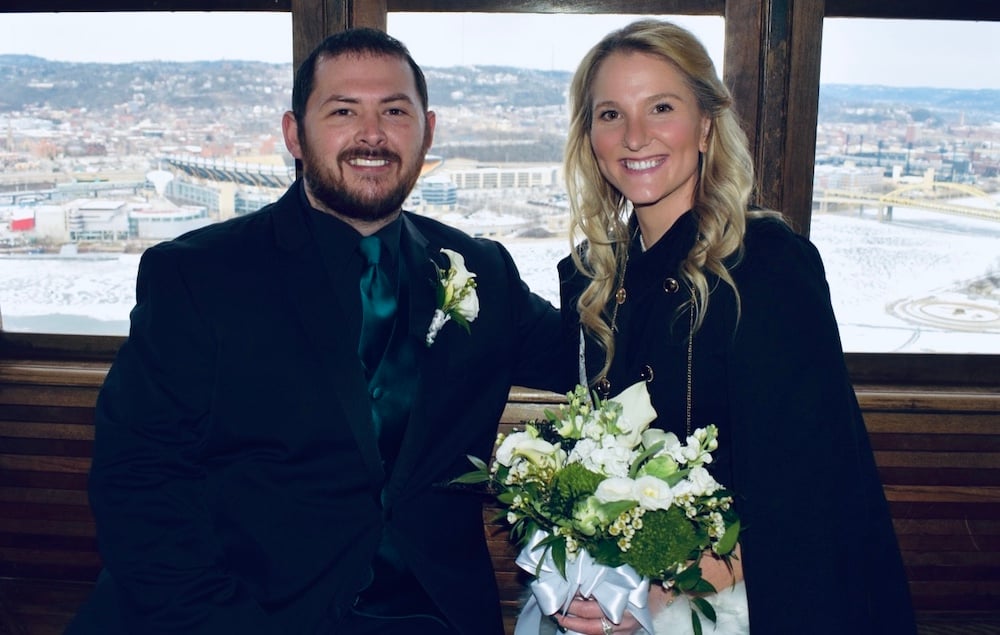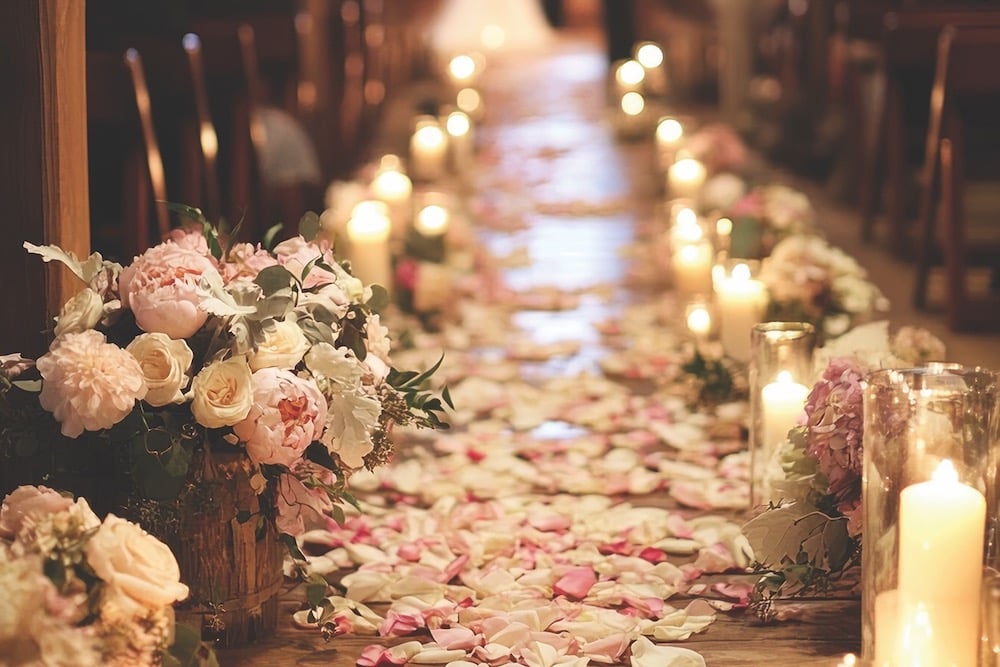The Aurora Reading Club Celebrates Its 130th Anniversary
The Aurora Reading Club is believed to be one of the oldest women’s organizations in the nation.
Sometime in November 1894, Rachel Lovett Jones, whom history records as a small woman “sturdy in her vision about civic matters,” invited five of her female friends to share a meal at her Hill District home.
They would have arrived at 5 Wandless St., a bustling area a few blocks east of Downtown, by horse and buggy, wearing long dresses and petticoats.
The gathering set in motion the Aurora Reading Club, established for African American women with the initial goal of allowing its members “to pursue a systematic course of study … for … mutual improvement … in literature, art, science and matters relating to the vital interests of the day.”

˝REFLECTIONS OF AN AURORA WOMAN,˝ 2009, BY VANESSA GERMAN. GIFT OF AURORA READING CLUB OF PITTSBURGH | PHOTO COURTESY HEINZ HISTORY CENTER
The club is celebrating its 130th anniversary this year and is believed to be the oldest women’s organization in this half of the state — and one of the oldest in the nation.
“We do more than just read books,” says Thelma Lovett Morris, a Hill resident who has been a member for 31 years and is related to two of the founding members. In recent years, Aurora has supported the children’s literacy organization Reading is Fundamental; the August Wilson African American Cultural Center; Womanspace East, a shelter for victims of domestic violence; Gwen’s Girls, an advocacy organization for young girls; and other community projects.
The club’s membership, set at 25 women, is by invitation only and has drawn some of the most accomplished Black women in Pittsburgh. Over the years, membership has included Maida Springer Kemp, an international labor leader; artist Selma Burke, an internationally known sculptor; and dozens of other pioneers in medicine, social work, education and law.

AURORA LEGACY QUILT MADE BY THE AURORA READING CLUB, 1997-1998. GIFT OF THE AURORA READING CLUB OF PITTSBURGH. | PHOTO COURTESY HEINZ HISTORY CENTER
The group took root a generation after the Civil War. And though acquiring literacy is hindered by race and social restrictions, African Americans were making educational advancements. The six founders of the Aurora club had each obtained the equivalent of a high school education, and they saw the club as a way to carry them — and the community they served — toward the light of a new century.
In that sense, they were reflecting Aurora, the Roman goddess for whom they drew their name. In mythology, the winged Aurora rides a chariot announcing the dawn, chasing away the darkness.

AURORA LEGACY QUILT MADE BY THE AURORA READING CLUB, 1997-1998. GIFT OF THE AURORA READING CLUB OF PITTSBURGH. | PHOTO COURTESY HEINZ HISTORY CENTER
In addition to Lovett Jones, who was the founder of the Home for Colored Working Girls in Pittsburgh, the other five charter members were equally impressive. Frances Golden was married to John Paul Golden, the first Black surgeon in Pittsburgh, and active in Bethel AME Church. Member Cora Hill Washington, the daughter of janitors, was active at Bethel, too, and with the Colored Women’s Home for the Infirm and Aged.
There was also Virginia Proctor, the first Black woman to open a business in Pittsburgh; Anna Posey, the first Black teacher at a white school in Ohio and the wife of Cumberland Posey, the owner of the Homestead Grays baseball team; and Hannah Grinage Lovett, from Carnegie, Pennsylvania, who was active in her Presbyterian church and served as the first club president.
The club’s archives, housed at the Heinz History Center, include anniversary programs, artifacts, oral histories and more.
Yearbooks that date back to the early 1900s show that Aurora’s monthly meetings always focused on books and guest lecturers, covering issues that mattered to Blacks and women and the changing world they found themselves in.
There were speakers on missionaries in Liberia, Africa, a country that was organized and developed by American slaves more than 100 years prior; there were sessions on the Haitian revolutionary Toussaint L’Ouverture and American revolutionary Crispus Attucks. In 1947, after World War II had shut down Hitler’s gas chambers, they met to talk of “religious tolerance.” After the 1963 assassination of Medgar Evers by a white supremacist in Jackson, Mississippi, they contributed books to a Mississippi literacy project.
As the group broadened its mission from self-improvement to community aid, it offered longtime support to the local chapter of the National Association for the Advancement of Colored People and to the Lemington Home for the Aged, a project for which Lovett Jones was a charter member. It dedicated itself to gifting books on women and labor at a LaRoche College library special collection to honor member Springer Kemp.
As a child, Lovett Morris picked flowers from the garden of her great-aunt Caroline, Hannah Lovett’s daughter, who used the blossoms to set the ambiance for Aurora meetings.
She says in recent years, Aurora has partnered with the Pittsburgh Arts & Lectures series to support authors whose books showcase justice, Black lives and history and more. The group has heard from Pulitzer Prize-winner Isabel Wilkerson and in 2025 is welcoming Percival Everett, writer of the critically acclaimed novel, “James.”
“Throughout our history,” Lovett Morris says, “we’ve really tried to bring the light by keeping up with the issues of the day.”
Ervin Dyer is a Pittsburgh-based writer who covers Africana life and culture.















